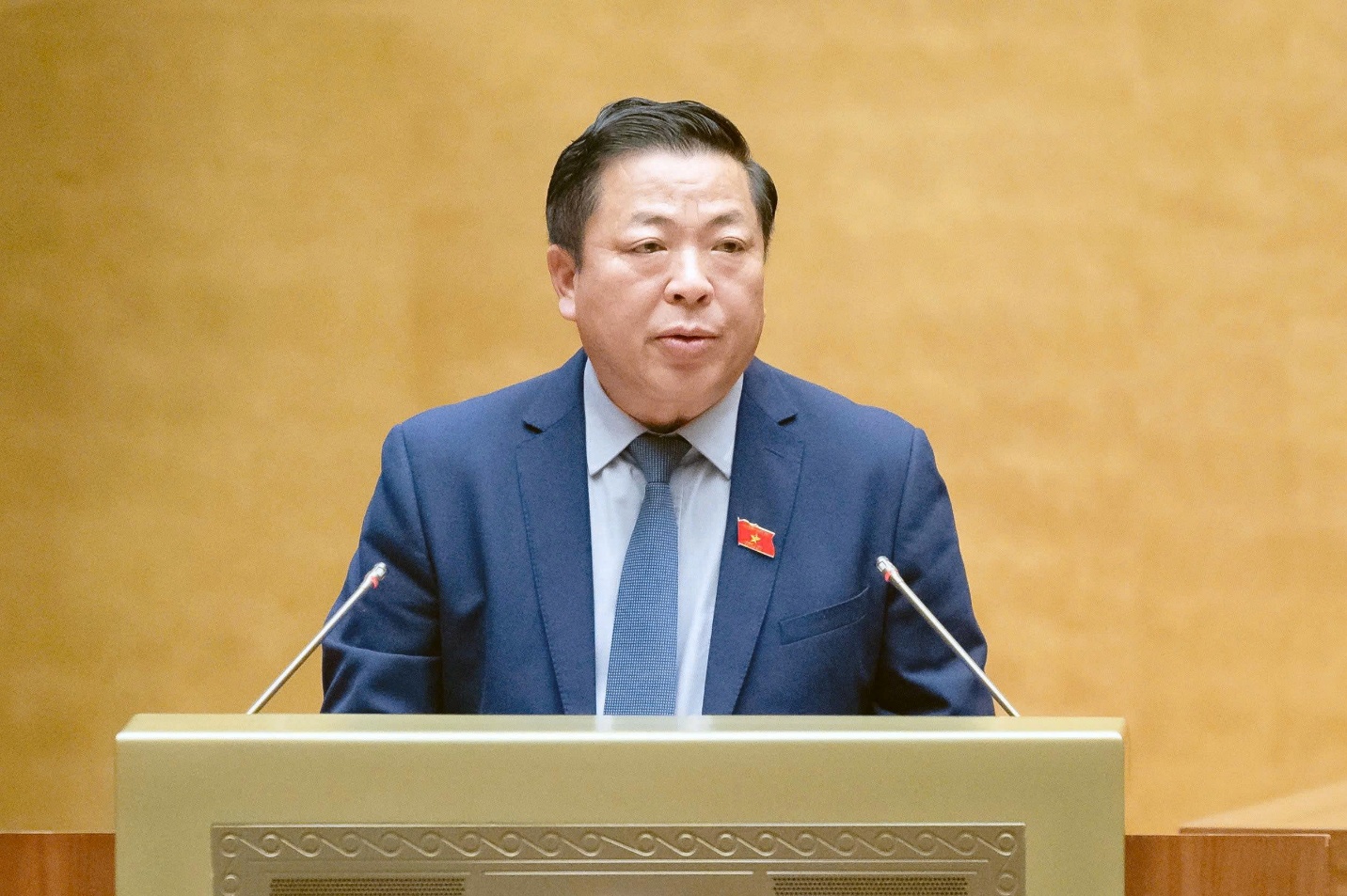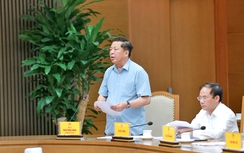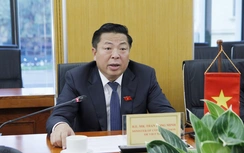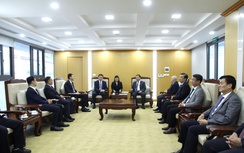Presenting the proposal on behalf of the Government, Minister of Construction Tran Hong Minh emphasized that the amended law seeks to institutionalize the Party’s and State’s policies for building a modern, synchronized, and sustainable railway system. It aims to address existing legal bottlenecks while boosting the sector’s competitiveness.

Minister of Construction Tran Hong Minh presents the draft amended Railway Law at the National Assembly.
Presenting the proposal on behalf of the Government, Minister of Construction Tran Hong Minh emphasized that the amended law seeks to institutionalize the Party’s and State’s policies for building a modern, synchronized, and sustainable railway system. It aims to address existing legal bottlenecks while boosting the sector’s competitiveness.
The draft introduces five key breakthroughs, notably provisions to attract investment from local authorities, private enterprises, and individuals. It encourages diverse forms of public-private partnership (PPP) contracts—including BOT, BT, BTO, BLT, and BTL—and allows land use rights in station areas to be leveraged for development.
Local governments will be allowed to allocate budgets for land clearance, compensation, and construction of certain components of national railway projects. To improve project efficiency, the draft law also enables the use of front-end engineering design (FEED) in place of basic design in feasibility studies.
For urban railway lines already included in approved master plans, provincial People’s Committees will be empowered to initiate project appraisal and investment decisions without going through central policy approval procedures. “This is a breakthrough mechanism to remove procedural delays and accelerate urban rail development in Hanoi and Ho Chi Minh City”, Minister Minh said, citing Politburo Conclusion No. 49.
To strengthen the domestic railway industry, the draft law includes specific provisions on technology transfer and human resource development. Foreign contractors in railway-related projects will be required to commit to training Vietnamese personnel and transferring key technologies.
Contractors and investors must also prioritize the use of locally made goods, services, and materials. A designated list of railway industrial products and services will be created to guide procurement and promote supporting industries.
The law further encourages research, application, and innovation, offering preferential policies for individuals and organizations involved in science and technology for railway development. “Given the high capital needs in this field, this provision creates a stable market for pioneering investors while implementing the Party’s directives on technological innovation and digital transformation”, Minister Minh noted.
The draft law also proposes streamlining administrative procedures, eliminating four outdated processes and adjusting responsibilities for ten others, while maintaining six that remain essential.
Importantly, the new law expands the autonomy of local governments in railway project management. Several powers currently held by the central government will be delegated to the Minister of Construction and local authorities to ensure faster, more responsive decision-making.





Bình luận bài viết (0)
Gửi bình luận